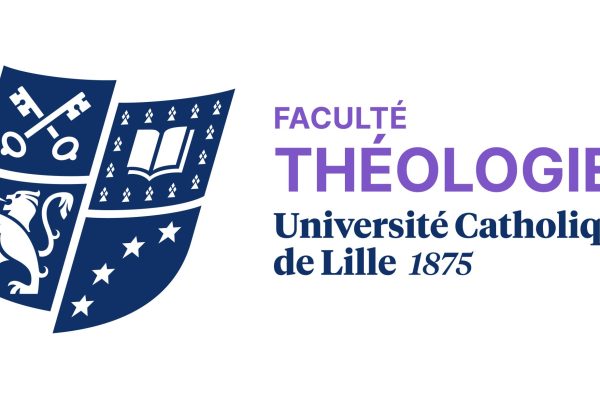Document type: Article published in Ouest France
Author: Franck Jourdain
Preview: Animal welfare knowledge is expanding in agricultural training, offering a gentle way to help learners change the way they think about animals.
The teaching of animal welfare means that ethics must be included in our handling of farm animals. The concept is part and parcel of being a livestock farmer ... and of teaching on agriculture."'It isn't a new idea" confirms Joël Rigal, educational inspector in animal production at the French General Directorate for Rural Education (DGER) at the Ministry of Food, Agriculture and Forestry. The concept of welfare used to be limited to the pain felt by an animal, but it is now part of One Welfare, a shared welfare including animals, humans and the environment.
"A common thread running through all the modules"
Over the past fifteen years, the place of animal welfare in agricultural education has continually evolved in line with new knowledge. Curriculum designers have been careful not to turn it into a discipline, but have made it, rather, "a common thread that can be found in all modules: in nutrition, pathologies, genetics, health, etc.", continues Joël Rigal. Today, in training institutions for future teachers on agriculture, "they are introduced to the concept of animal welfare, the visions of ethologists (specialists on animal behaviour, editor's note), sociologists and veterinarians on the subject, and are taught how to communicate this knowledge to learners."
This wealth of learning on farm animal welfare is not obvious. But for those who have spent their childhood years on a farm, as well as for the growing number of people who do not come from a farming background, these facts are important for their future activities.
At the Caulnes agricultural high school (Côtes-d'Armor), Raphaël Vermeil de Conchard, who teaches the Animal Production and Analysis and the Business Management and Strategy modules of the work-study BTS professional programme, has deemed it necessary to create a training module called "Agriculture and Society" (eight hours) to "present the societal and scientific context of animal welfare".
He drew on academic work and the knowledge he had gained in a Mooc (Massive open online course) on the subject. When teaching such a sensitive and sometimes divisive topic, said Joël Rigal, "we must be careful not to stigmatise the practices of parents, teachers or tutors". Work on how to disseminate good practices in welfare is ongoing, particularly within the One Welfare Mixed Technology Network (RMT), which includes a teaching component. There are also plans to set up a continuing education programme for working livestock farmers, at the instigation of the Ministry of Agriculture.






